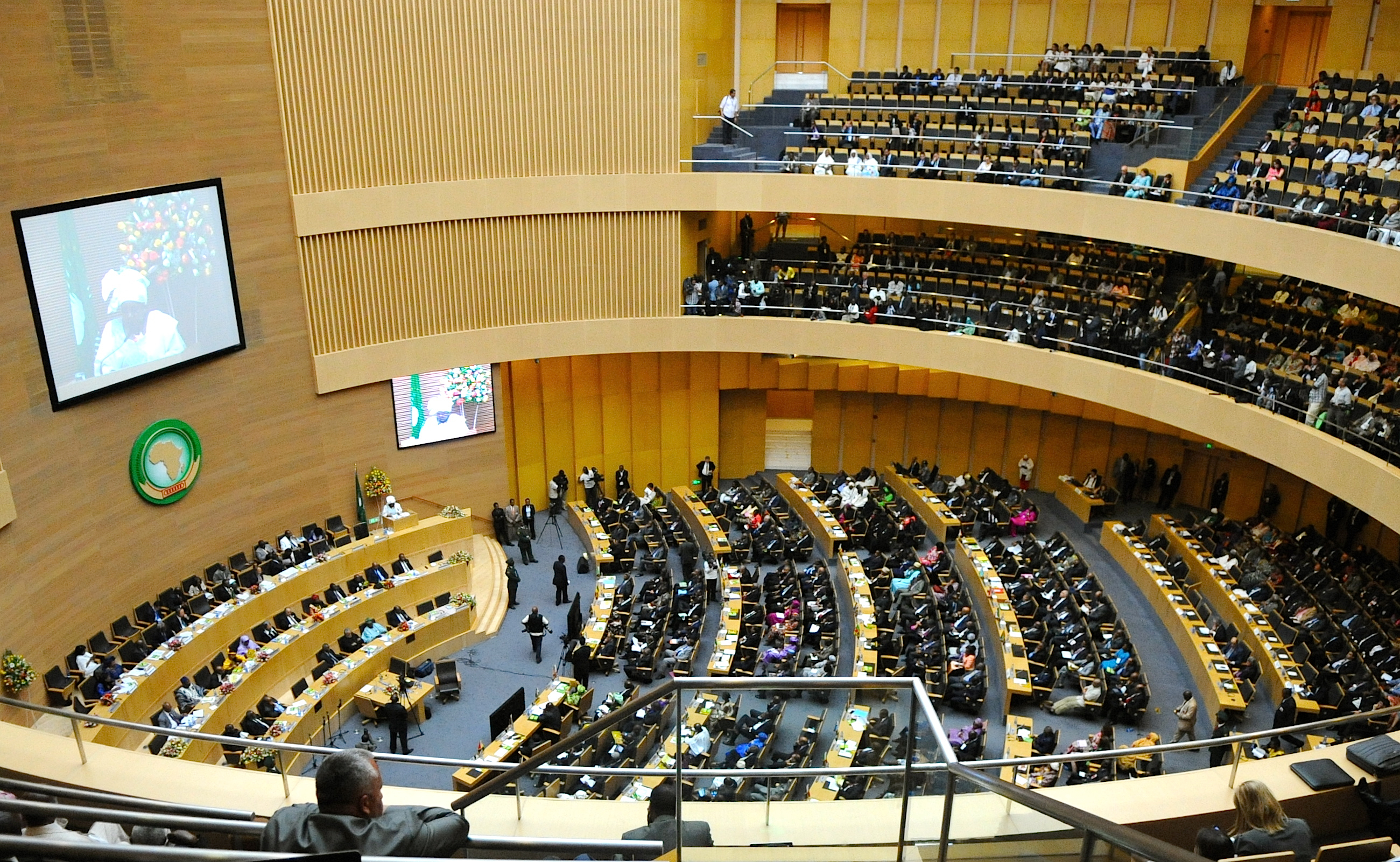In a world where data is the new currency, how much of their freedom are young Africans unknowingly trading away each time they go online?
With every selfie, every search, every post, millions of African youth are contributing vast amounts of data in digital spaces, making them vulnerable to privacy breaches they may not even be aware of.
This then begs the question: how can we protect a generation growing up in the digital age? Young people across Africa are increasingly getting connected to the online world.
From educational apps and social media platforms to gaming networks, the internet has surely become a central part of their lives, providing access to learning resources, entertainment, and social connections.
While this online connectivity is great, it however churns out a unique set of risks, particularly when it comes to data protection.
For children and young people, whose lives are frequently shared, observed, and analyzed through the digital lens, the need to consider this exposure more closely than we’ve done in the past and put in place measures for ethical data collection methods and platform accountability has become more crucial than ever.

Every day, access to the digital space in Africa is expanding, and many of those coming online are children defined as ‘all those under the age of 18’.
As outlined in UNICEF’s The State of the World’s Children 2017: Children in a digital world, 1 in 3 internet users globally is a child, and more than 175,000 children go online for the first time every day – that is a new child every half second.
In Africa, it is estimated that 40% of youth aged between 15-24 years can access the internet, following the COVID-19 pandemic, which saw many of them accessing the internet for the first time.
In many ways, the issue of data privacy for young Africans is complex and requires an understanding of local internet access levels, digital literacy, and regulatory frameworks across a diverse continent.
It is against this backdrop that young people in Africa continue to face specific challenges, such as limited digital literacy, and high exposure to online risks, making them more susceptible to data privacy breaches.
Understanding Data Privacy
Data privacy refers to the control individuals have over their personal information and how it’s used by others. When young people use apps, sign up for services, or even browse online, they often unknowingly leave a trail of personal data that can be accessed and used in various ways.
For many, the concept of data privacy is relatively new, and the digital literacy required to navigate this complex landscape is often lacking in schools and community-based education.
According to the World Bank, the Eastern and Southern Africa region has the slowest pace of digitalization and digital literacy globally, with only 64% of the population covered by high-speed internet (as of 2023).

The lack of robust data privacy regulations in many African countries also complicates matters. While countries such as Kenya, South Africa, Ghana and Nigeria have implemented data protection laws, they are still in early stages of enforcement, with limited resources dedicated to ensuring children’s data is adequately protected.
For children and young adults, this translates into minimal safeguards against misuse of their personal information by companies, advertisers, and other third parties.
The Impact of Data Privacy Risks on African Youth
For young Africans, data privacy concerns have tangible impacts on their lives. From targeted advertising to identity theft and sexual corruption, children and young adults face unique threats in the digital world. One of the most common issues is the unauthorized collection of personal data.
Many social media platforms and apps aimed at young people collect data, including location, browsing behavior, and even contacts. While this data can be used to personalize experiences, it often leads to targeted ads, where brands exploit young users’ preferences for profit in targeted user algorithm bias.

Moreover, there are several other risks, such as cyberbullying, stalking, harassment and trafficking that emerge out of this. A report by Pollicy and Nendo explores the pervasive issue of Technology-Facilitated Gender-Based Violence (TFGBV) in the vibrant but volatile social media ecosystem, highlighting how private information can harm vulnerable individuals.
For instance, if personal data like a home address or school location is inadvertently shared, children especially can become vulnerable to physical harm or abduction. In some cases, private information shared online can be used to blackmail or manipulate young users, leaving them susceptible to further psychological and emotional damage.
This, therefore, shifts the risk of these threats from online spaces to offline environments as well.
For children, the risks are heightened because they may not understand the significance of data privacy and, therefore, are less likely to recognize potentially harmful interactions or know how to protect their information.
Many popular apps such as gaming apps that attract children do not have rigorous data privacy protections in place, exposing young users to unregulated advertising and even inappropriate content.
Parental Awareness and Digital Literacy Challenges
In Africa, the responsibility for managing data privacy among young people often falls on parents or guardians. However, many parents are not well-versed in digital literacy or data privacy themselves.
Many African parents are unaware of how their children’s data is being collected or used by apps and online platforms. For those who are aware, the lack of resources, knowledge, and access to alternative platforms makes it challenging to manage their children’s digital presence effectively.

Without guidance from adults, young people are left to navigate the digital world largely on their own, making them easy targets for privacy violations.
The issue of safety is sometimes heightened by parents over sharing behaviour – termed as sharenting, where parents are the catalyst for undoing the safety of their children’s data and privacy as a result of hyper sharing of every aspect of their lives.
Policy and Regulation: A Work in Progress
Several African countries have made strides in establishing data privacy laws. From Kenya’s Data Protection Act, South Africa’s Protection of Personal Information Act (POPIA), to Nigeria’s Data Protection Regulation, these are some notable ones with laws that aim to protect personal data, but often lack provisions tailored specifically to children and young people.
Additionally, some major challenges continue to center enforcement, limited resources allocated to regulatory bodies, and a lack of widespread awareness among the general public.
The African Union also adopted the Child Online Safety and Empowerment Policy in 2024, at the 44th Ordinary Session of the African Union Executive Council in Addis Ababa, becoming the first region in the world to do so.

The policy outlines key guiding principles anchoring the protection of children in the online environment, identifying key policy goals in the African context, and charting out an implementation plan to assist the African Union and its member states with the realization of the policy goals and objectives.
Globally, the General Data Protection Regulation (GDPR) in the European Union provides a comprehensive approach to data privacy.
It includes specific safeguards for children, requiring parental consent for data collection from children under 16. Adopting similar measures across Africa could significantly enhance data privacy protections for young people on the continent.
Way Forward
To address the growing data privacy risks faced by young people in Africa, a multi-faceted approach is needed. This includes the following:
1. Raising Awareness: Parents, educators, and young people themselves need to be informed about data privacy risks and protective measures. Digital literacy programs should prioritize data privacy education, equipping young Africans to make safer choices online.
2. Strengthening Policy: Governments should enhance data privacy laws to specifically address the needs of children and young people, including clear guidelines for how companies must handle minors’ data.
3. Encouraging Responsible Corporate Practices: Companies that operate in Africa should be held to high standards of data privacy, particularly for platforms that are popular among young users. This includes limiting the collection of data and ensuring transparency about how data is used.
4. Fostering Collaboration: Schools, community organizations, nonprofits, and governments should work together to create safe digital environments. Partnerships can help promote digital literacy and privacy protection as a community-wide responsibility.
As African youth continue to engage with the online world, data privacy must remain a top priority. We need to foster a culture of data protection, equipping young people with knowledge, and holding tech companies accountable.
This will ensure that the continent’s largest population can safely navigate the digital world with confidence.





